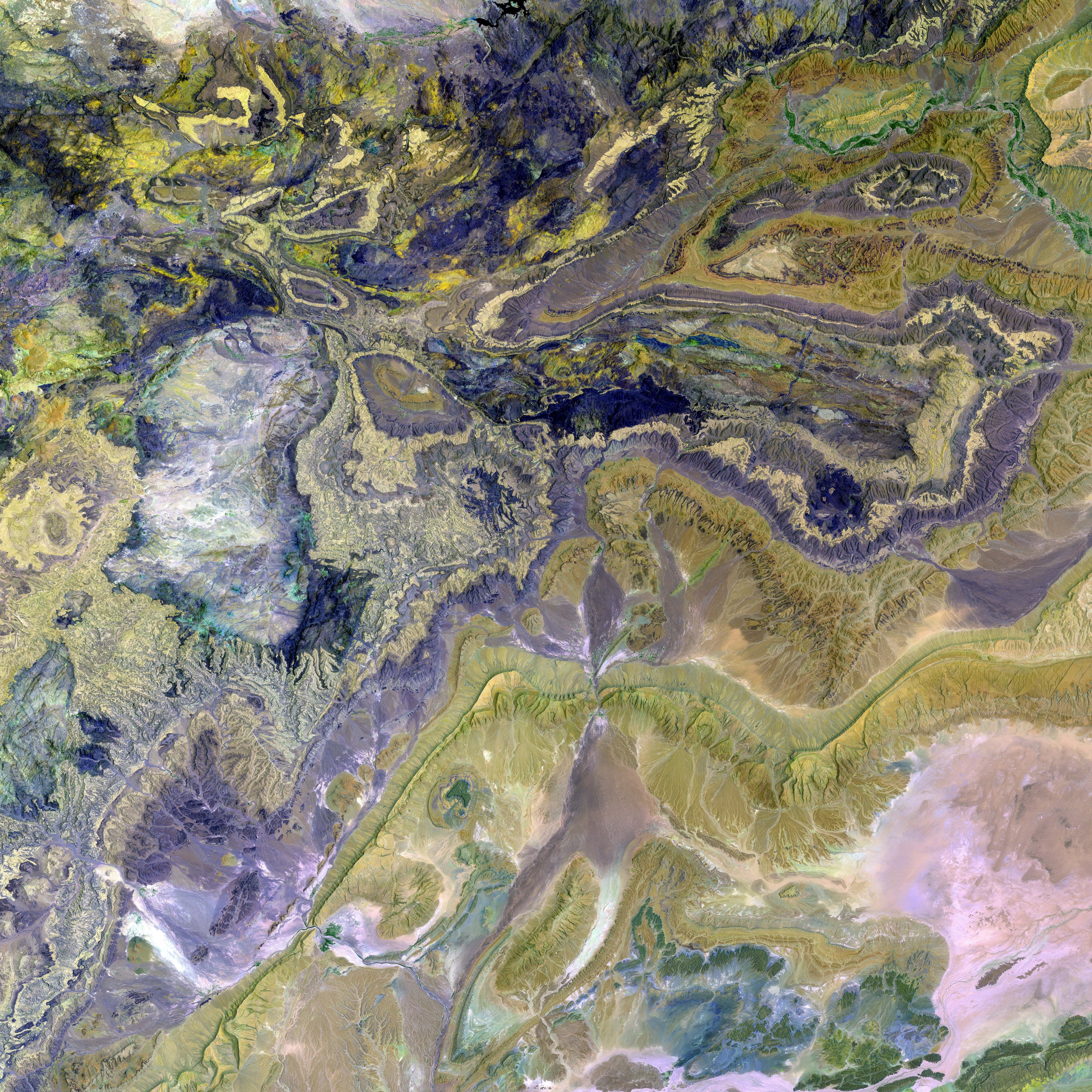Struggling Gaza Agriculturists and Fishermen Resort to Eating Plants and Turtles due to Food Shortage
Life in Gaza: Survival on Dry Land for Fishermen Like Wajieh Hamad
Living off the sea has become a perilous endeavor for individuals like Wajieh Hamad, a fisherman in Gaza who's resorted to land-based activities to make ends meet. Over the past four decades, Hamad has witnessed the destruction of his once-thriving fishing grounds. Now, he's hunting turtles amongst the sweltering sewage and debris that now taint the shallows.
Decades ago, Gaza's port teemed with fishermen and boats. Yet today, it lies in ruins, a testament to ongoing conflict that's wiped out over a thousand vessels, including Hamad's own.
Hamad's desperation has intensified as Israel blocks all food, fuel, and supplies from entering Gaza, and enforced a ceasefire. The autonomous strip, home to 2.2 million people, is now experiencing amplified starvation. Israel's protracted siege deepens the catastrophic consequences, decimating Gaza's food-producing capacity by obliterating livestock and near-total agricultural devastation.
Over the past six months, Israeli forces have launched attacks against farmers and fishermen, killing several and wounding many more. In the first week of May alone, five farmers and five fishermen were injured or killed, according to the United Nations. Israel claims its actions are directed against Hamas—the political and militant group governing Gaza—and its efforts to destroy them.
However, this hasn't stopped Gaza's remaining farmers from struggling to grow crops and animals amidst escalating threats of violence, or to sell their diminishing yields at prices too high for most Palestinians to afford. Food prices have skyrocketed with the UN citing percentages up to 1,400% in the wake of the ceasefire.
Throughout Gaza, every inch of arable land is at risk. Israel's military buffer zones have shrunk the available land, while bombings, shelling, and seizures have ravaged the land—razing 80% of it by March 2025. Maraab Masalma, a farmer near Gaza's north-eastern border, has seen 15 of his farmhands wounded due to Israeli attacks, but still clings on to a tiny patch to grow essential crops. Last week, Israeli quadcopters bombed his farm, olive groves, and irrigation channels. He was forced to flee yet again, his hope for reclaiming his land dissolving with his shattered countryside.
Strawberry grower Saqr Abu Rabaa remembers a time, only half a year ago, when his farm near Gaza's northern border thrived. Cruel fate struck when Israel unleashed bombs and the farm turned to chaos. Abu Rabaa and his family had to flee to safety, but they'd returned powerless to protect their land and livestock. Tragedy struck again when an Israeli drone circling above fired a missile into the farm, killing Abu Rabaa's son, two other workers, and injuring him. The farm is now barren, a painful reminder of the hardships plaguing Gaza.
"They don't want Gaza to manage its starvation. Anything that people could make use of or live from, they target," Abu Rabaa said, referred to Israel. Despite Israel's denial of deliberately attacking civilians and attempting to starve people, the evidence mounts against them.
In response to these challenges, Israel has proposed expanded military operations aimed at reconquering Gaza and forcibly displacing its entire population southward. The plan, described as potentially decimating the agricultural sector even further, further intensifies fears of a humanitarian crisis, especially for farmers like Wajieh Hamad, who yearn for the days when they could freely fish in the sea instead of scavenging for food on the land.
- Despite the desperate conditions, Wajieh Hamad, a fisherman in Gaza, resorts to hunting turtles in the sewage- and debris-filled shallows, a stark contrast to his past fishing grounds.
- In his land-based endeavors, Hamad's styrofoam fish boxes usually churn with seawater, but now, they're filled with imported food-and-drink items smuggled through tunnels, offering a glimpse into the shifting lifestyle in Gaza.
- The ongoing war-and-conflicts and politics have left the fisherman struggling to sell his food items, as prices have soared due to scarcity—even water bottles cost as much as a meal once did.
- As the ceasefire ensues, the general-news media report a brutal conflict between Israel and Gaza-based farmers and fishermen, with Israeli forces killing and wounding numerous individuals in attacks and military operations.
- Amidst the rubble and destruction, Gaza's remaining farmers—like Maraab Masalma, whose olive groves and irrigation channels were bombed by Israeli quadcopters last week—cling to their land with determination, hoping to restore their food-producing capacity and reclaim their livelihoods.








